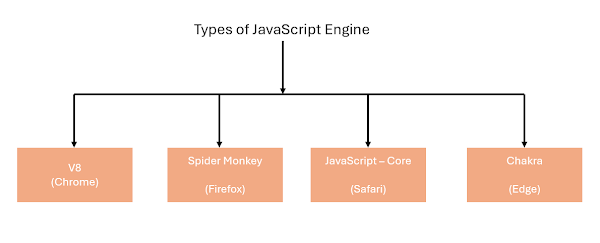Overriding is a feature that allows a subclass or child class to provide a specific implementation of a method that is already provided by one of its super-classess or parent classess.
When a method in a subclass has the same name, same parameters or signature and same return type(or sub-type) as a method in its super-class, then the method in the subclass is said to override the method in the super-class.
// Base Class
class Parent
{
void show() { System.out.println("Parent's show()"); }
}
// Inherited class
class Child extends Parent
{
// This method overrides show() of Parent
@Override
void show() { System.out.println("Child's show()"); }
}
// Driver class
class Main
{
public static void main(String[] args)
{
// If a Parent type reference refers
// to a Parent object, then Parent's
// show is called
Parent obj1 = new Parent();
obj1.show();
// If a Parent type reference refers
// to a Child object Child's show()
// is called. This is called RUN TIME
// POLYMORPHISM.
Parent obj2 = new Child();
obj2.show();
}
}


No comments:
Post a Comment